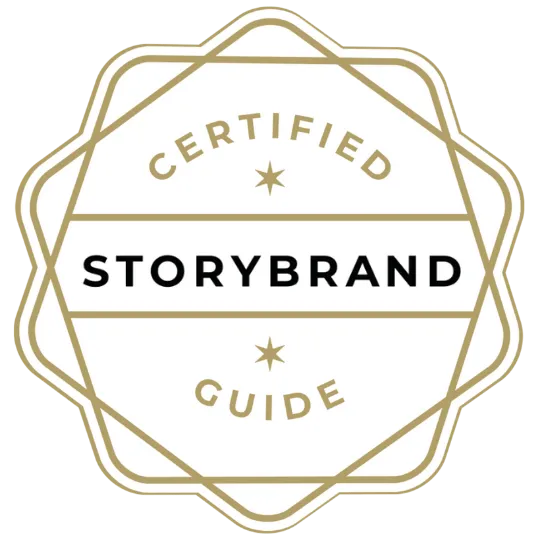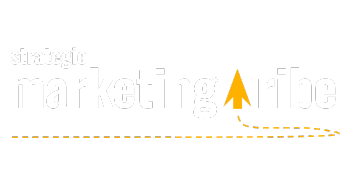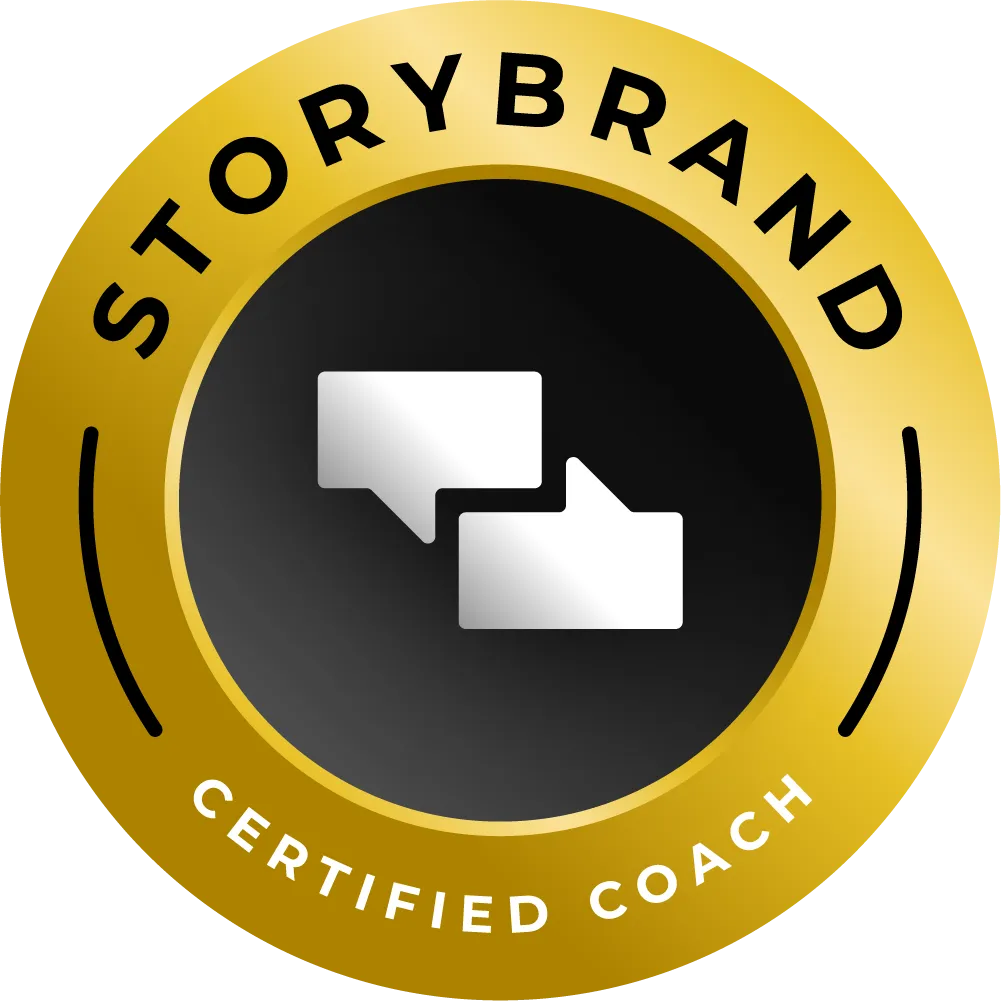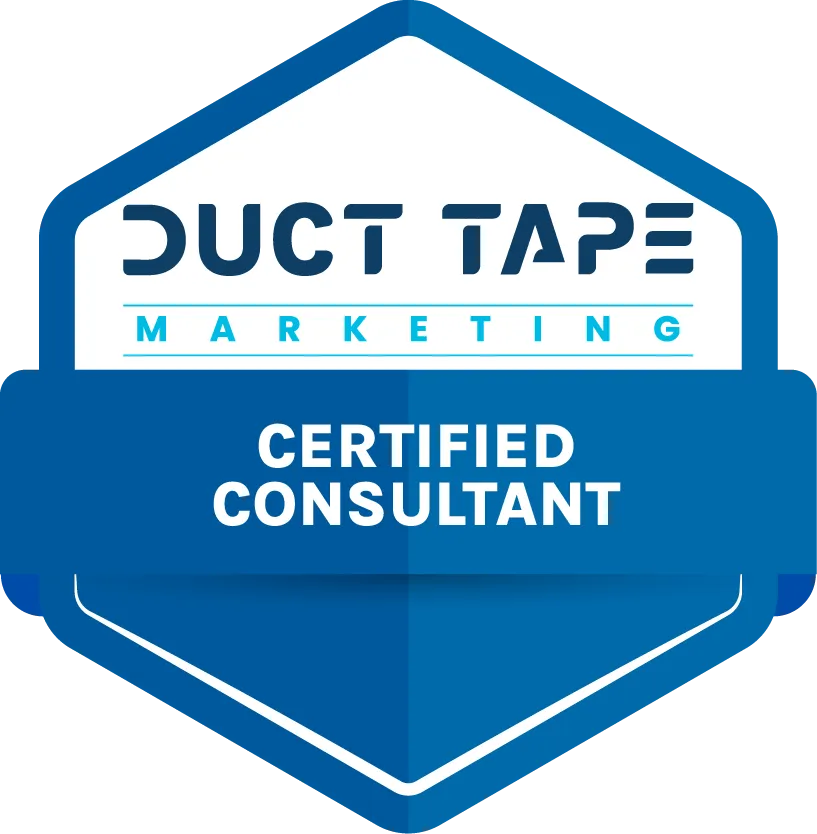NEWS, MEET STRATEGY
Real news, real insights – for small businesses who want to understand what’s happening and why it matters.

AI Copyright Lawsuit: What Small Businesses Must Know Now
By Vicky Sidler | Published 30 July 2025 at 12:00 GMT
Hollywood just made its move.
After months of murmurs, Disney and Universal have officially sued AI image-generator Midjourney for what they’re calling “a bottomless pit of plagiarism,” according to Time.
Translation: the bots might be creative, but they’re also lifting Darth Vader’s likeness without asking.
It’s the latest (and loudest) clash in the AI vs copyright showdown. But this one matters far beyond movie studios and legal offices. If you use AI tools in your business—or even just watch other people use them—this case has big implications.
Let’s break it down in plain English.
TL;DR
Disney and Universal are suing Midjourney for AI-generated images that replicate iconic characters.
The lawsuit challenges whether “fair use” protects AI models trained on copyrighted content.
If successful, AI companies may have to rebuild tools using only licensed material.
This could slow down “wild west” AI growth and create new standards for ethical use.
Businesses using AI for marketing may face new risks—or new opportunities.
👉 Need help clarifying your own message in a way no AI can steal? Download the free 5-Minute Marketing Fix and stand out for the right reasons.
Wait—What Did Midjourney Do?
Midjourney is an AI tool that turns text prompts into images. You type something like “Elsa from Frozen doing a TikTok dance,” and out pops a picture that looks suspiciously close to Disney’s ice queen.
That’s the problem.
Disney and Universal claim the tool allows users to generate unauthorised images of copyrighted characters—from Marvel heroes to Minions—with no licensing, no permission, and plenty of profit.
Midjourney, for its part, has reportedly made over $300 million in the past year. Not bad for a company with fewer than 12 full-time staff.
The Real Fight—Fair Use vs Free-for-All:
At the heart of this lawsuit is a slippery legal concept called “fair use.”
Fair use allows limited use of copyrighted material without permission—think criticism, parody, or education. But AI companies have been arguing that training their models on copyrighted content also counts.
Hollywood disagrees. Loudly.
They’re not just saying Midjourney’s tool resembles their characters—they’re calling it piracy in a digital coat.
And for once, they’ve got legal firepower and public sentiment on their side.
Why This Case Matters to Small Business Owners:
No, Disney isn’t coming for your Canva designs. But if you’re using AI tools—image generators, copywriters, video avatars—this lawsuit could signal a major shift.
Here’s why:
Legal Precedent Is Coming: If Disney wins, AI companies may have to retrain their tools using only licensed content. That could mean fewer generic, AI-generated blog posts or images floating around—and more room for original creators to shine.
Trust Will Matter More Than Ever: Customers are already skeptical of “robot-written” anything. In a post-lawsuit world, content that’s clearly human, thoughtful, and aligned with your brand will stand out like never before.
Ethical Marketing Is Now a Business Decision: This case isn’t just legal—it’s moral. If you're unsure where you stand, check out my recent piece on AI ethics and small business marketing. Spoiler: there are no easy answers, but asking better questions is a start.
So… What Do We Do Now?
You don’t need a lawyer on speed dial. You just need a bit of clarity:
✅ Know Where Your Tools Get Their Data:
Using ChatGPT or Midjourney? Read the terms. Some tools are trained on licensed content. Others… not so much.
✅ Avoid “Prompt Mimicry”:
Don’t ask AI to write “like Seth Godin” or draw “in the style of Moana.” That’s asking for trouble—and it’s creatively lazy anyway.
✅ Lead With Originality:
As a StoryBrand Certified Guide and Duct Tape Marketing Strategist, I can tell you this: no amount of automation can replace clear, human-centered messaging. AI might save time, but trust builds businesses.
Want to future-proof your brand? Start with a message that’s uniquely yours.
👉 Grab the 5-Minute Marketing Fix to create a one-liner that builds trust and attracts the right audience—no AI copycat required.
The Times They Are A-Changin'
Whether this lawsuit succeeds or not, it marks a turning point. AI companies have been operating like teenagers with new cars—fast, reckless, and convinced they’re invincible.
Hollywood just hit the brakes.
For small businesses, the takeaway is simple: if you want to stand out in a world of mass-generated content, you don’t need more robots. You need a message that sticks.
👉 Download the free5-Minute Marketing Fix and make sure your marketing is worth copying—for the right reasons.
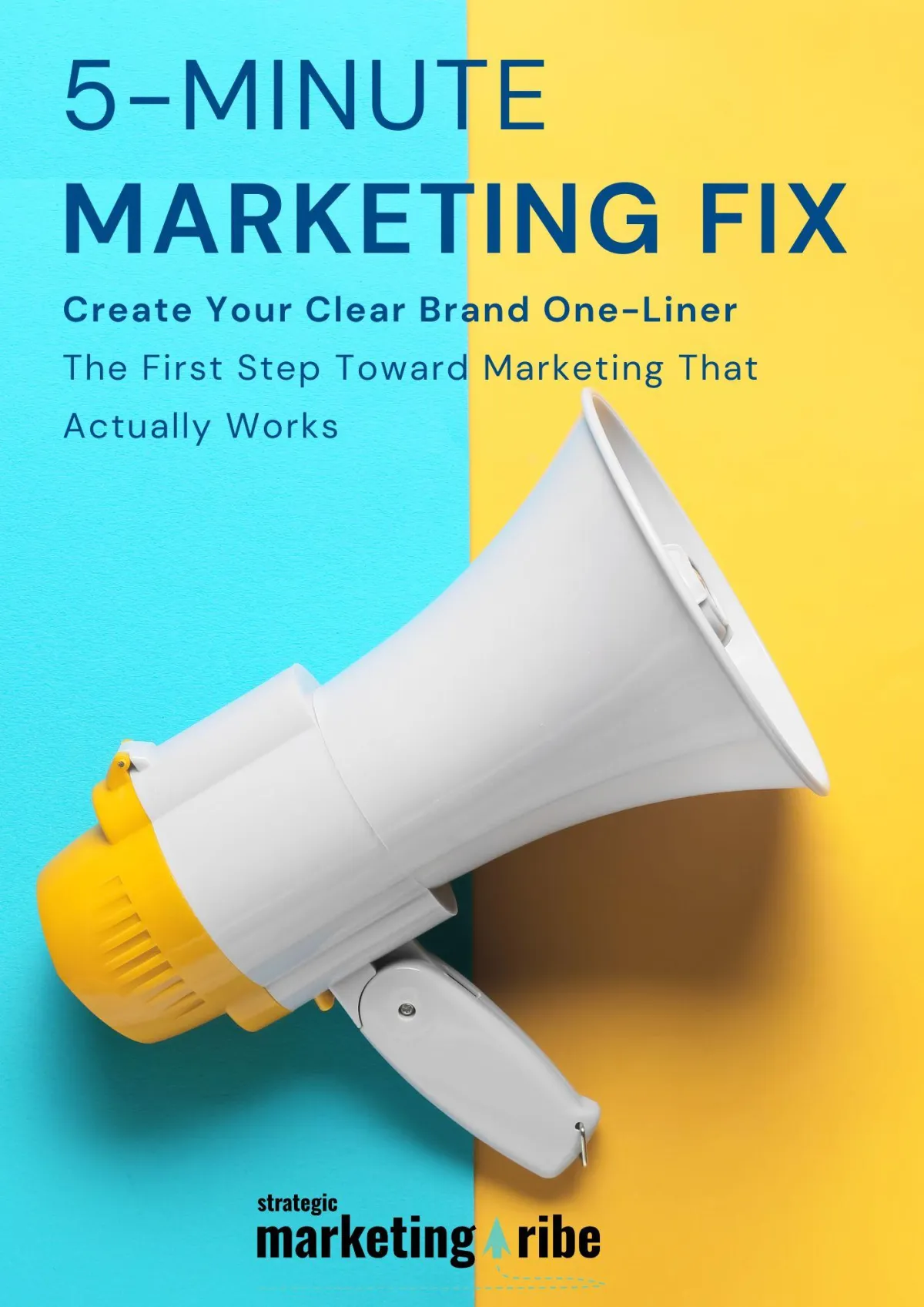
Created with clarity (and coffee)
